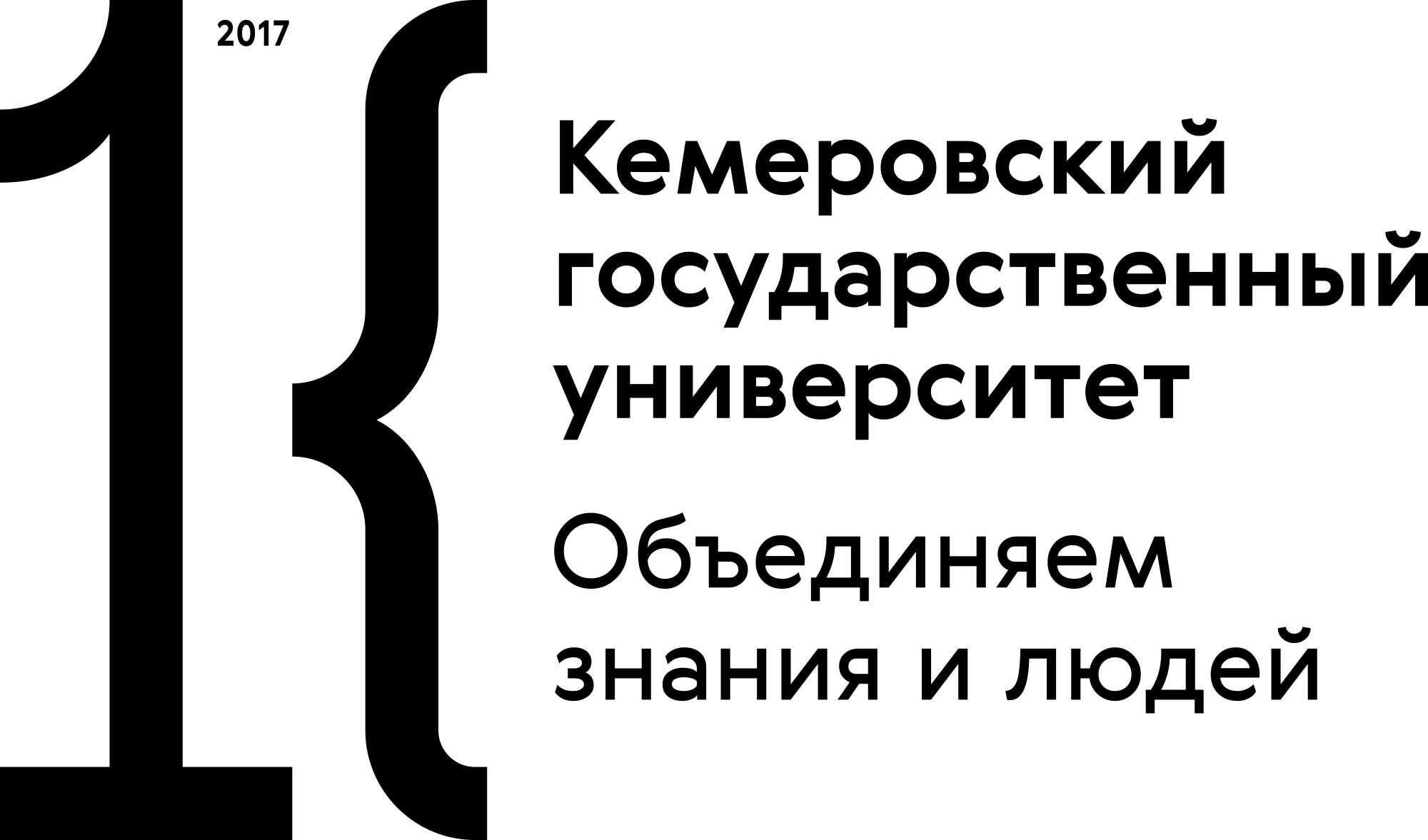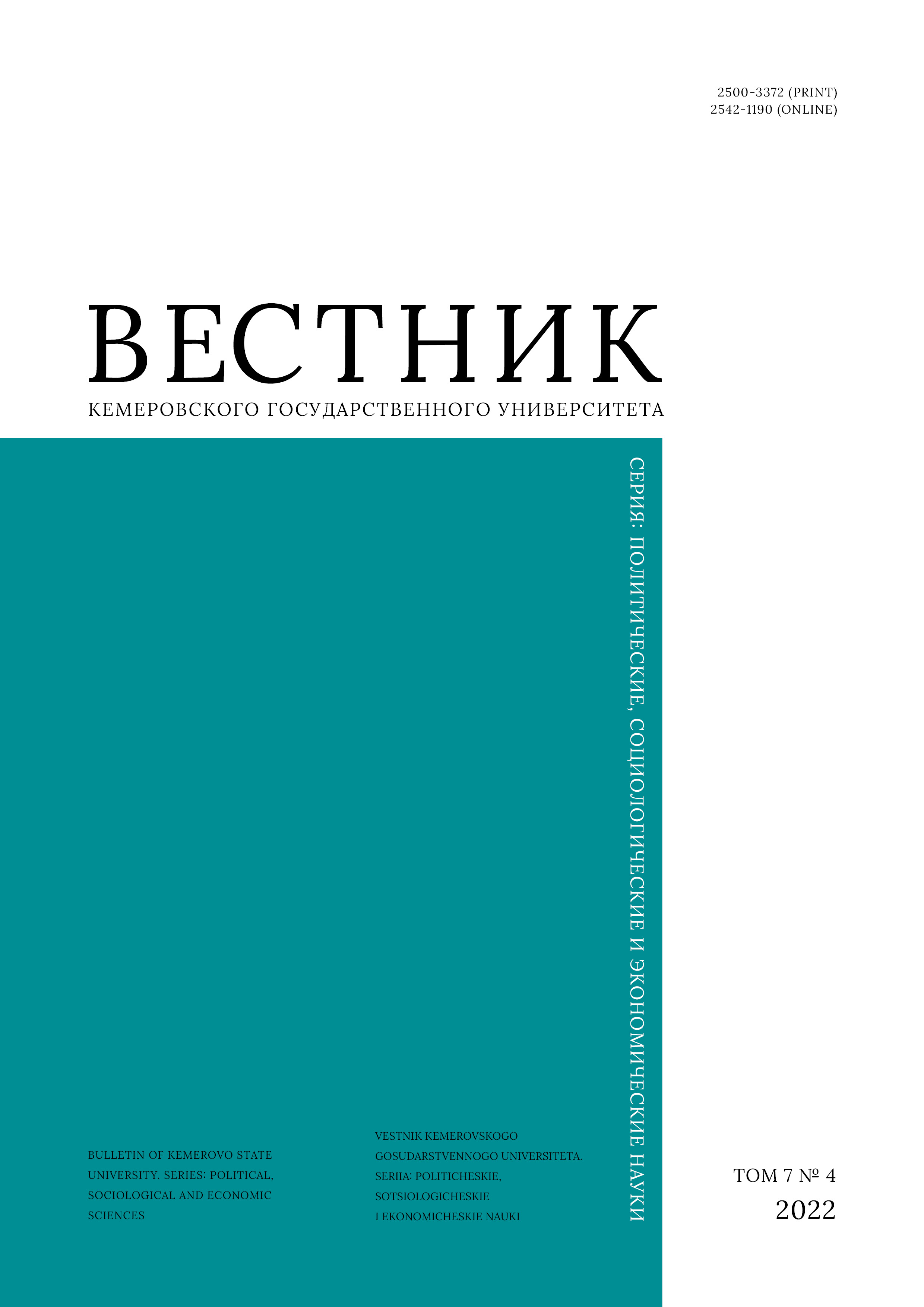Moscow, Russian Federation
Moscow, Russian Federation
Hi-tech transport technologies are important for all spheres of life. Intelligent transportation systems implement the national interests of the Russian Federation, but the current sanctions prevent technological modernization. This article features the challenges and threats to the development of intelligent transportation systems, as well as their solutions and various means that would make it possible to introduce advanced transport technologies. The research relied on the methods of statistical, logical, systemic, and general scientific analyses. The authors described the key role of intelligent transportation systems in the national socio-economic, environmental, and security policies. They also identified the external and internal factors that hinder the high-tech development of the domestic transport complex. The article also contains a review of regulatory documents and scientific publications. The obtained results may be used to facilitate the development of intelligent transportation systems in the context of the sanctions.
intelligent transportation systems, unmanned vehicles, national interests, digitalization, transport complex, transport strategy
1. Grebenkina S. A., Grebenkina I. A., Blagodir A. L. Intellectual transport systems as a factor of social and economic development. PNRPU Sociology and Economics Bulletin, 2020, (2): 317-329. (In Russ.) https://doi.org/10.15593/2224-9354/2020.2.23
2. Ivanova N. A. Digitalization of the transport complex as the most important condition of forming modern transport infrastructure. Transport business of Russia, 2020, (1): 71-75. (In Russ.) EDN: https://elibrary.ru/AQAJCS
3. Rudakova E. N., Panshin A. I., Vlasov A. V. Digitalization as one of trends of transport and logistics development in modern conditions. Putevoditel’ predprinimatelya, 2021, 14(1): 51-61. (In Russ.) https://doi.org/10.24182/2073-9885-2021-14-1-51-61
4. Gipps P. G. A behavioural car-following model for computer simulation. Transportation Research Part B: Methodological, 1981, 15(2): 105-111. https://doi.org/10.1016/0191-2615(81)90037-0
5. Liang Z., Wakahara Y. City traffic prediction based on real-time traffic information for intelligent transportation systems. 13th International Conference on ITS Telecommunications (ITST): Coll. Sci. Papers, Tampere, 5-7 Nov 2013. IEEE, 2013, 378-383. https://doi.org/10.1109/ITST.2013.6685576
6. Algers S., Eliasson J., Mattsson L.-G. Is it time to use activity-based urban transport models? A discussion of planning needs and modelling possibilities. The Annals of Regional Science, 2005, 39(4): 767-789. https://doi.org/10.1007/s00168-005-0016-8
7. Yonghong Y. A traffic-flow parameters evaluation approach based on urban road video. International Journal of Intelligent Engineering and Systems, 2009, 2(1): 33-39. https://doi.org/10.22266/ijies2009.0331.04
8. Ezell S. Intelligent Transportation Systems. The Information Technology & Innovation Foundation, 2010, 58.
9. Boreiko A. E., Ivanov M. A. Highly automated vehicles in cargo transportation. Mir dorog, 2021, (142): 92-93. (In Russ.) EDN: https://elibrary.ru/QSMRCD
10. Vorobyev A. I., Gavriluk M. V., Pletnev M. G. Using intelligent transport systems as a road safety audit tool. Vestnik Moskovskogo avtomobilno-dorozhnogo gosudarstvennogo tehnicheskogo universiteta (MADI), 2021, (2): 81-87. (In Russ.) EDN: https://elibrary.ru/VTNCSB
11. Zhankaziev S. V., Vorobyev A. I., Gavrilyuk M. V. Principles of forming a state certification system for intelligent transport system elements in the Russian Federation. Transport Rossiiskoi Federatsii, 2021, (1-2): 3-6. (In Russ.) EDN: https://elibrary.ru/TMFCOL
12. Merenkov A. O. International experience in the emplementation of the intelligent transportation system. Vestnik Universiteta, 2015, (9): 92-97. (In Russ.) EDN: https://elibrary.ru/XHNSHB
13. Zhankaziev S. V. The possibility of using unmanned vehicle systems in solving problems of transport logistics. Nauka i biznes: puti razvitiya, 2020, (12): 26-33. (In Russ.) EDN: https://elibrary.ru/CVZXTY
14. Larin A. N., Larina I. V. Digitalization of the road transport and railway industries as a key element of the digital economy. Izvestiia Transsiba, 2021, (4): 109-129. (In Russ.) EDN: https://elibrary.ru/VWRXTL
15. Dashchenko Iu. Iu. Digital economy as the economy of the future. Tendentsii razvitiia nauki i obrazovaniia, 2018, (35-1): 18-19. (In Russ.) https://doi.org/10.18411/lj-28-02-2018-04
16. Kravchenko P., Zhankaziev S., Oleshchenko E. Multi-faceted approach to solving issue of ensuring «zero mortality» on Russian roads. Transportation Research Procedia: Proc. 14th Internat. Conf. on Organization and Traffic Safety Management in Large Cities, St. Petersburg, 21-24 Oct 2020. Elsevier B. V., 2020, 310-320. https://doi.org/10.1016/j.trpro.2020.10.037
17. Plotnikov A. M., Zhankaziev S. V., Gurin D. O. On the current results of activities for reaching the target level of traffic safety in Russia’s territorial subjects. Transport Rossiiskoi Federatsii, 2019, (5): 45-49. EDN: https://elibrary.ru/OTTRYJ
18. Yanchenko E. V. Unemployment risks in the context of digitalization of the economy. Ekonomika truda, 2020, 7(8): 677-692. (In Russ.) https://doi.org/10.18334/et.7.8.110729
19. Grebenkina S. A., Grebenkina I. A. Potential risks of introducing digital technologies in transport in the social and economic spheres of the Russian Federation. Bulletin NGIEI, 2021, (6): 68-79. (In Russ.) https://doi.org/10.24412/2227-9407-2021-6-68-79
20. Mokrova N. V. Conceptual approach to smart cities problems. Promyshlennoe i grazhdanskoe stroitel’stvo, 2020, (7): 32-40. (In Russ.) https://doi.org/10.33622/0869-7019.2020.07.32-40
21. Sokolov I. A., Misharin A. S., Kupriyanovsky V. P., Pokusaev O. N., Kupriyanovskaia Yu. V. Robots, autonomous robotic systems, artificial intelligence and the transformation of the market of transport and logistics services in the digitalization of the economy. International Journal of Open Information Technologies, 2018, 6(4): 92-108. (In Russ.) EDN: https://elibrary.ru/LBBOEX
22. Kochoi S. M. Criminal law risks when using unmanned vehicles. Aktualnye problemy rossiyskogo prava, 2021, 16(7): 125-135. (In Russ.) https://doi.org/10.17803/1994-1471.2021.128.7.125-135
23. Pokrovskaya O. D. Russia's logistics transport systems under new sanctions. Bulletin of scientific research results, 2022, (1): 80-94. (In Russ.) EDN: https://elibrary.ru/YINMKX
24. Boreiko A. E., Burago S. V., Mamulat S. L. Relevant digital tasks of the development of international transport corridors. Mir dorog, 2020, (131): 43-50. (In Russ.) EDN: https://elibrary.ru/MZJIWM
25. Pisareva O. M., Alexeev V. A., Mednikov D. N., Starikovsky A. V. Characteristics of vulnerability zones and threats sources for information security by the operation of unmanned vehicles in an intelligent transport system. St. Petersburg State Polytechnical University Journal. Economics, 2021, 14(4): 20-36. (In Russ.) https://doi.org/10.18721/JE.14402

















